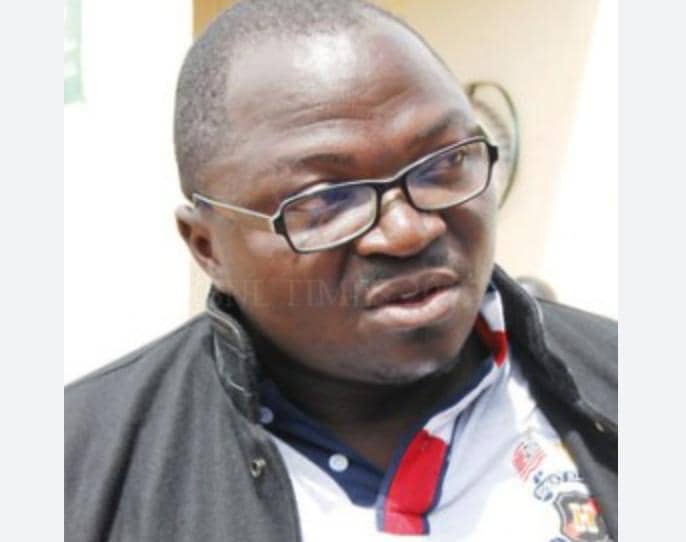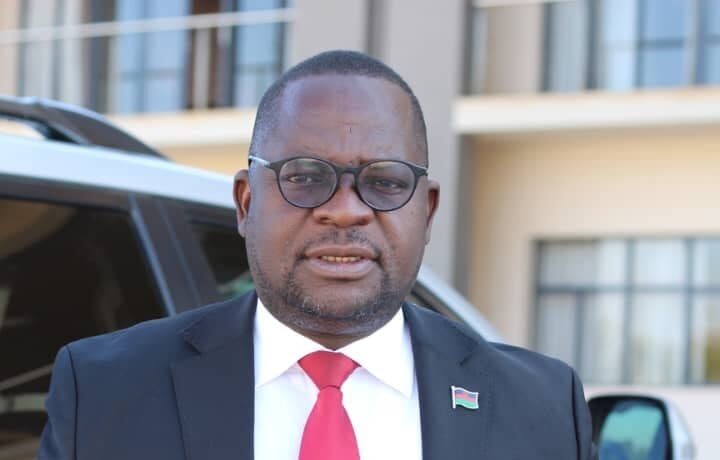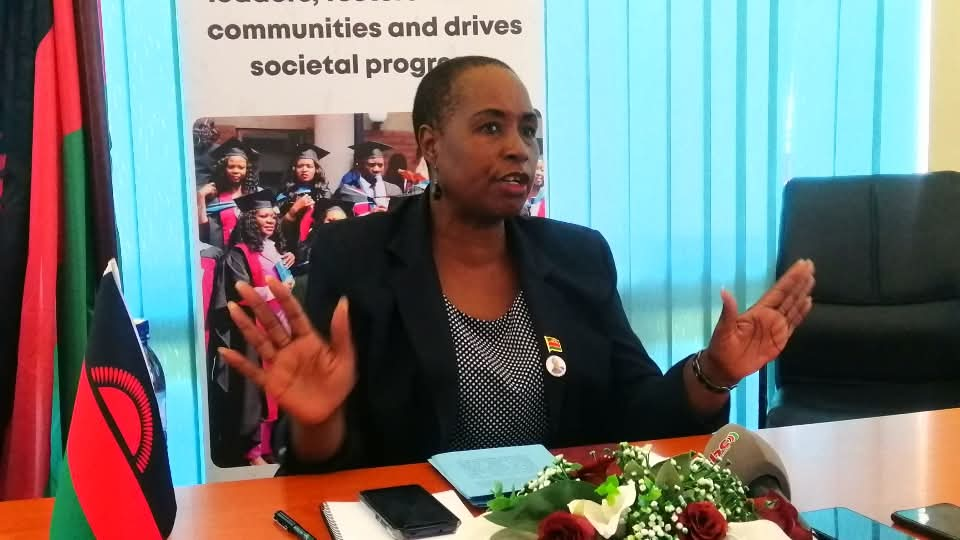By Burnett Munthali
Former Member of Parliament and activist Bon Kalindo took to Facebook yesterday to poke fun at the current political climate in Malawi, sarcastically suggesting that musicians might soon form their own political alliance. In his post, Kalindo quipped that after being rejected by all political parties for potential alliances, certain politicians are now eyeing an alliance with musicians—a dig he playfully dubbed the “Musician Chikangawa Party (MCP).”
Kalindo’s post read: “Atawona kuti zipani zonse zawakanira alliance, aganiza zopanga alliance ndi oyimba. Musician Chikangawa Party (MCP).” (After realizing that all the political parties have rejected them for an alliance, they are now thinking of forming one with musicians. Musician Chikangawa Party.)
This witty remark comes amid widespread speculation about the formation of new political alliances ahead of next year’s general elections. The joke, which quickly gained traction on social media, seems to target politicians who, in Kalindo’s view, are desperately seeking alliances to boost their electoral chances, despite facing rejection from established political parties.
Kalindo, who has been a vocal critic of the government and various political leaders, used the post to express his discontent with what he sees as opportunistic alliances that do not serve the people’s interests. By referencing musicians, Kalindo’s post points to the involvement of celebrities in politics, a trend that has gained some popularity in recent years but, in his view, has little to do with genuine leadership.
While many social media users took the post as humorous, it also raises serious questions about the credibility of alliances being formed by some political actors. In the lead-up to the 2025 elections, alliances are becoming a hot topic, with several political figures and parties vying for partnerships that will strengthen their positions. However, Kalindo’s criticism suggests that not all alliances are being formed for the right reasons, and some may be more about convenience than shared vision or principles.
Despite its lighthearted tone, Kalindo’s post has sparked conversation across the political spectrum. Some commentators have echoed his sentiments, while others argue that alliances are a natural part of Malawi’s political landscape and should be viewed as a legitimate strategy for parties seeking to govern effectively.
The use of the term “Musician Chikangawa Party” is a clear dig at the growing influence of musicians in Malawian politics. Figures like Lucius Banda, among others, have made notable transitions from the stage to political office. Kalindo’s comment suggests skepticism over whether these figures can genuinely impact governance or whether their involvement is simply a strategy to appeal to the masses.
As the political scene continues to evolve, it remains to be seen how potential alliances will shape up and whether Kalindo’s mocking post will have any bearing on public perception of these political partnerships. What is clear, however, is that Kalindo is not one to shy away from offering sharp critiques of Malawi’s political establishment—always with a touch of humor.




